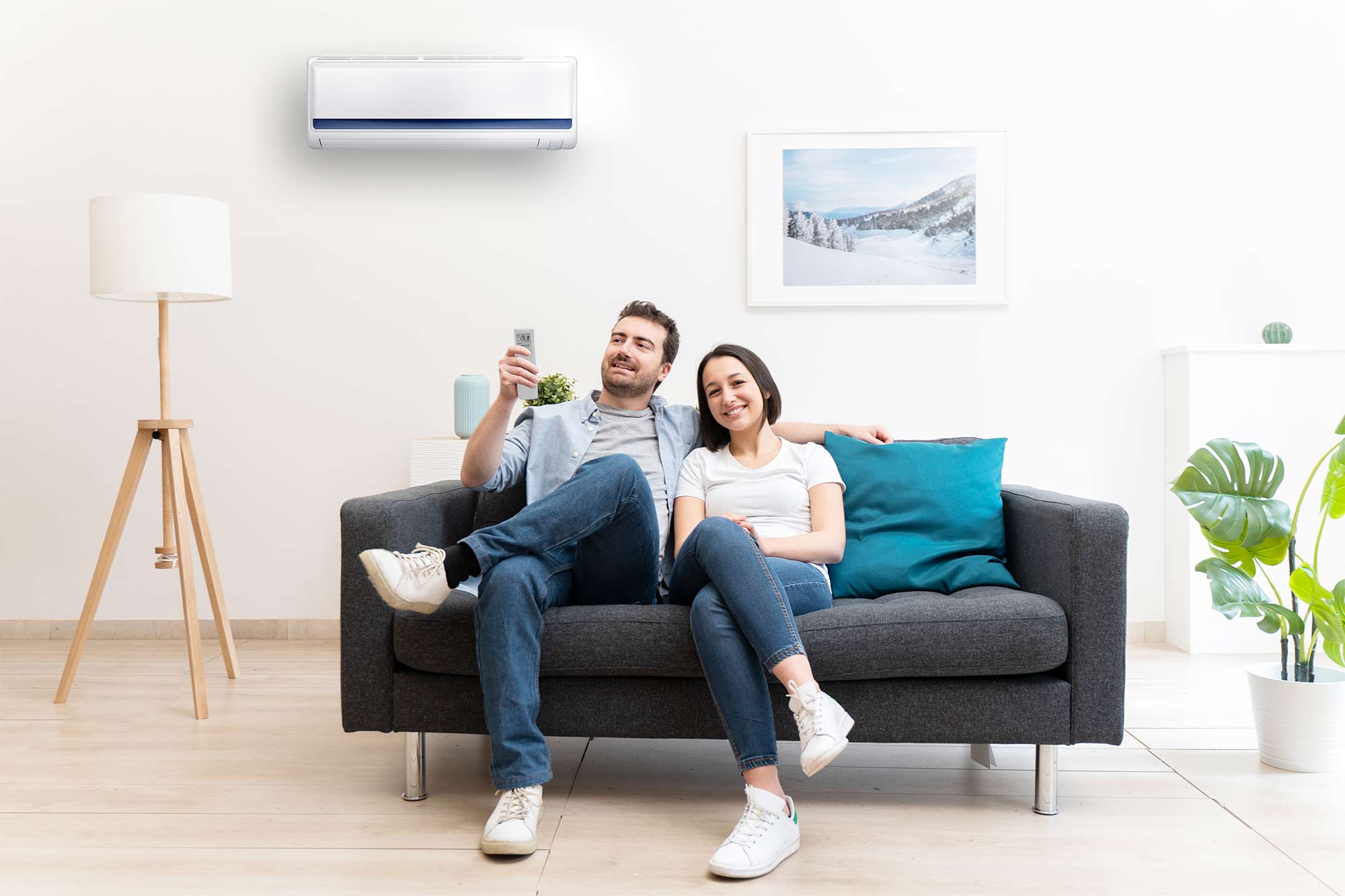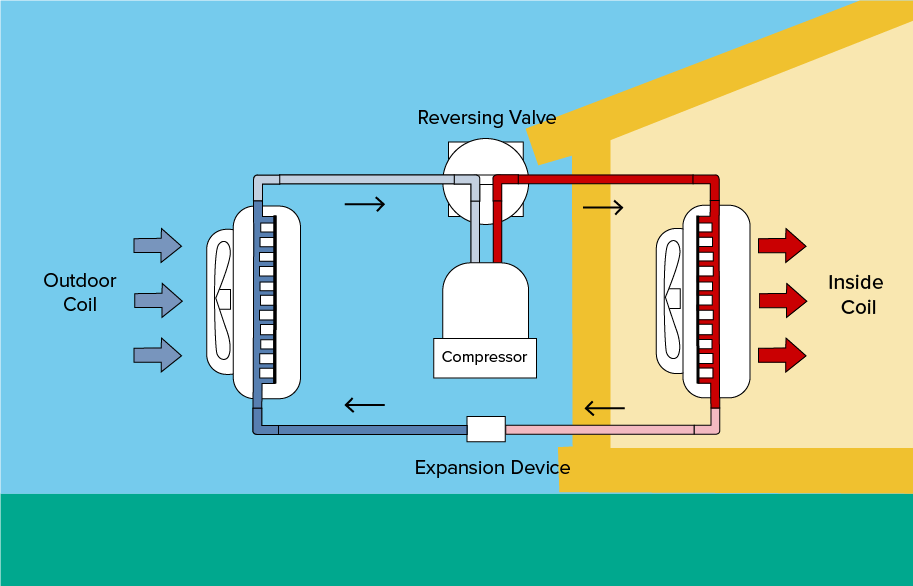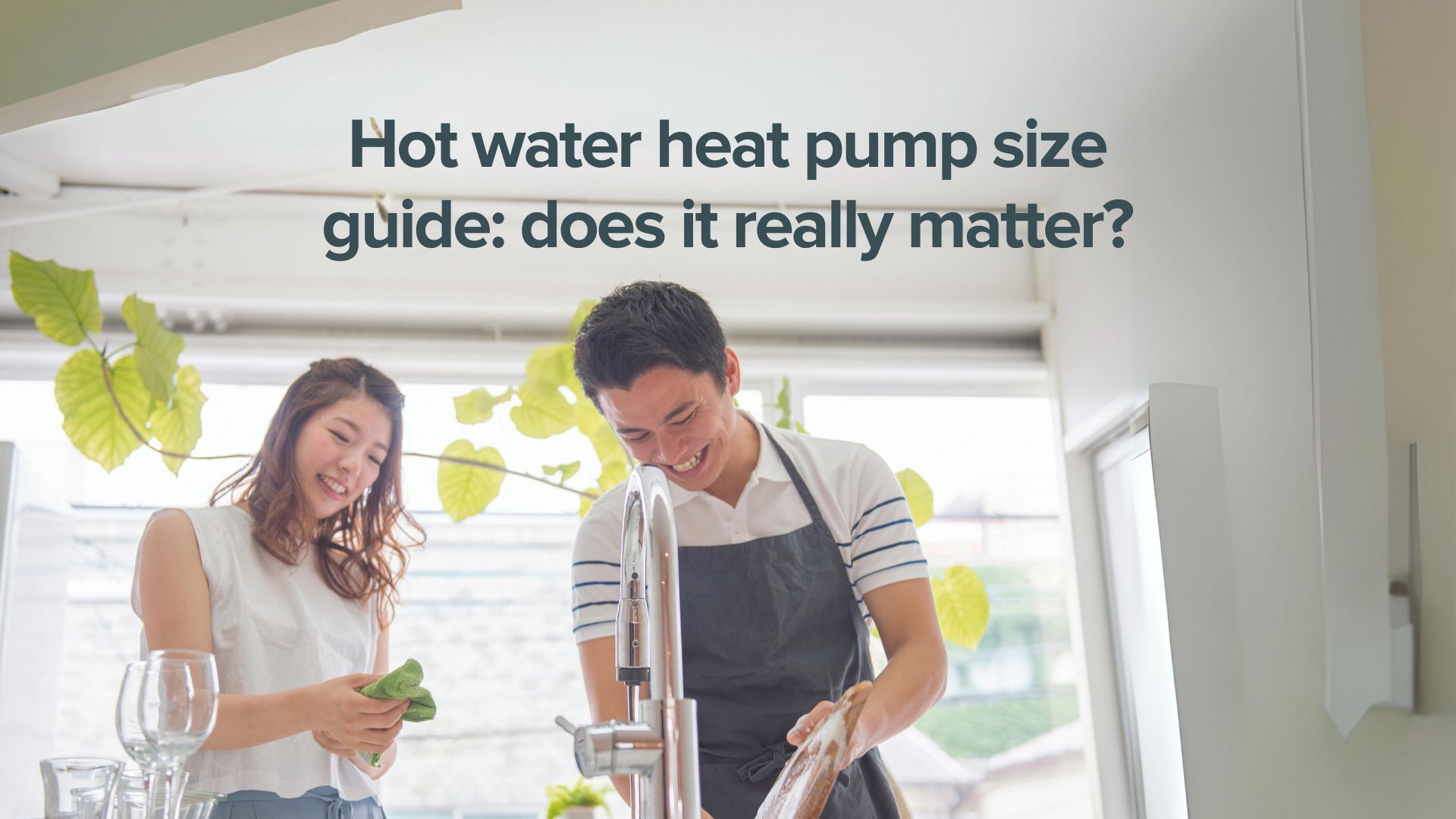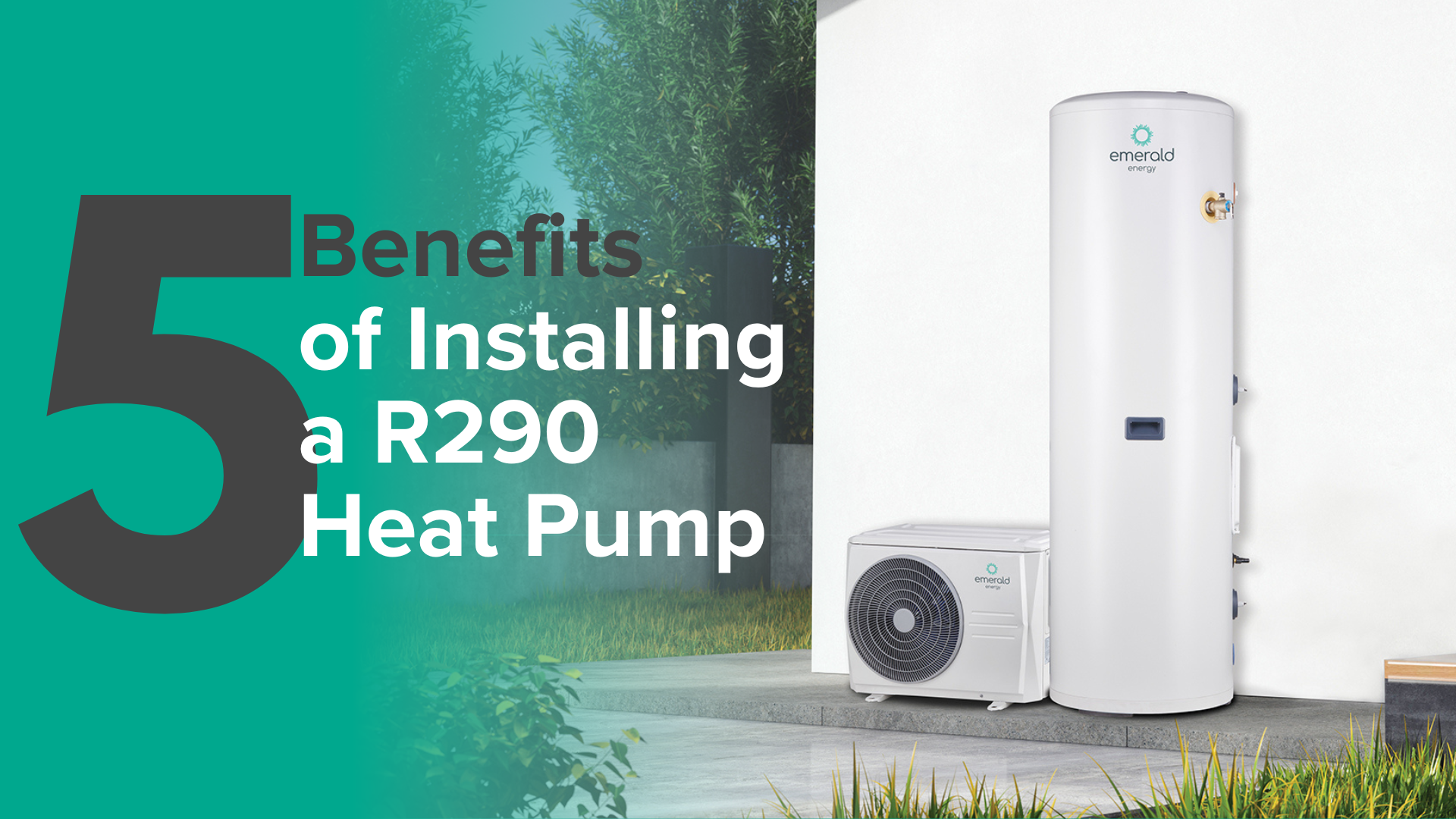
Pumping Heat Out Of Thin Air
You might have heard of heat pumps while searching for efficient ways to heat your home or hot water, but contrary to its name, a heat pump can also cool in reverse in a reverse-cycle air-con and refrigeration. Because of its efficiency, the world is scrambling to install heat pumps to solve the energy crisis and slash carbon emissions. But why are heat pumps suddenly seeing a resurgence, and why can’t the world get enough of it?
Until recently, gas heating was cheap for many countries. Due to the volatility of gas supplies, many European countries are rapidly investing in heat pumps to reduce their reliance on fossil fuels. Germany plans to meet its net-zero targets by installing 6 million heat pumps by 2030, while U.S president Joe Biden even declared heat pumps as “essential to the national defence” of America.
Close to home in Australia, ACT is considering legislation to mandate the electrification of buildings using heat pumps after cancelling new gas connections in the new year. Meanwhile, Victoria is outlining similar plans in its Gas Substitution Roadmap. As the world moves away from the reliance on fossil fuels, heat pumps provide an energy efficient and green solution for heating and cooling.
What is a heat pump, and why is it so efficient?
Unlike traditional forms of heating like electric or gas heaters that produce heat through electricity or burning fossil fuels, heat pumps seemingly do the impossible by extracting heat from the air and using a fraction of electricity to move the hot or cold air from one place to another. If a gas heater can heat a room at 95% efficiency, heat pumps can heat a room at 600% efficiency.
If you heat your home with electricity, using a heat pump air conditioner can cut your energy use by as much as 90%. A hot water heat pump could save you 80% more energy than an electric hot water system. A clothes dryer with heat pump technology uses approximately 50% less energy than conventional dryers while being gentler on clothes as drying air temperature is considerably lower than conventional dryers.
Sounds too good to be true? It seems like magic when you think about how a heat pump can extract heat from ambient air even when it’s freezing and below 0 degrees. While we are accustomed to water boiling at 100 degrees, refrigerants used in heat pumps have a boiling point well below zero.

In the heating cycle of an air source heat pump, the refrigerant absorbs heat from the air and is compressed, raising the refrigerant’s temperature. The hot refrigerant is then moved into the house, going through the heat exchanger behind a fan, heating the air. In the cooling cycle of a reverse-cycle air conditioner, the process is reversed, moving the heat inside the house and transporting it outside, cooling your home.
As the world moves towards a future without fossil fuels, keep a lookout for more appliances saving you energy and reducing your carbon footprint through the magic of heat pumps.





